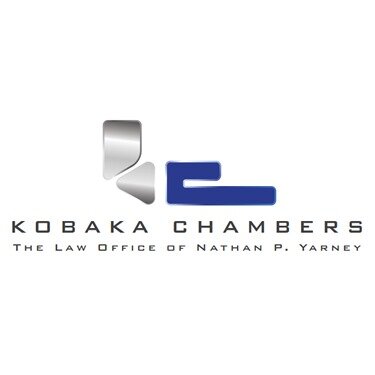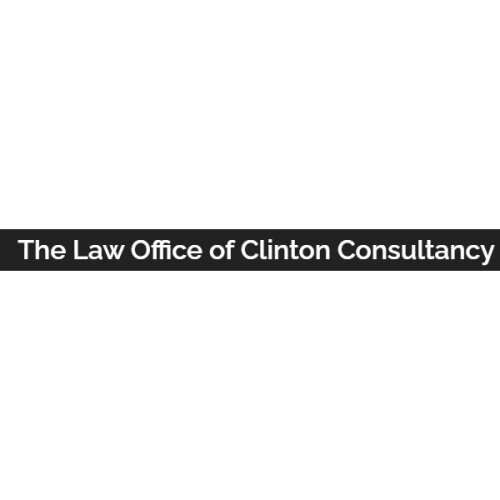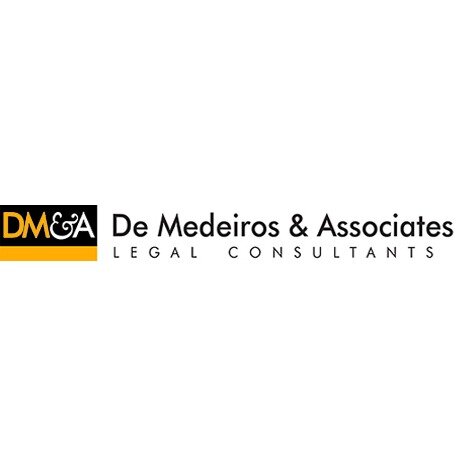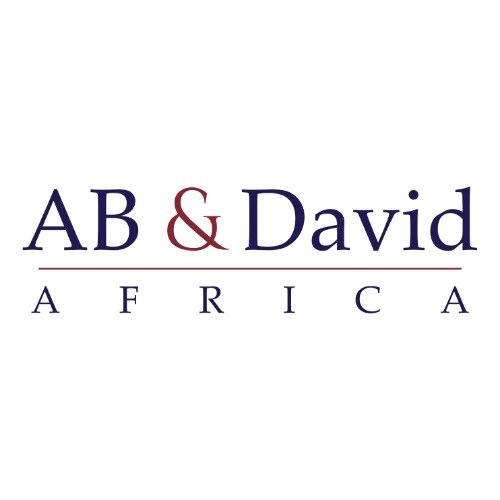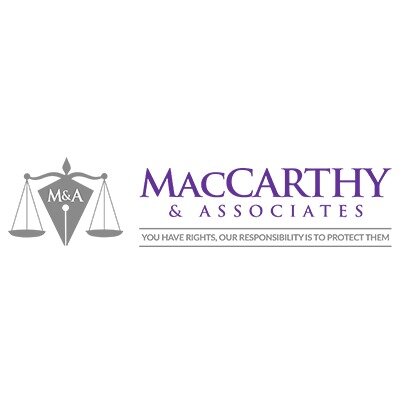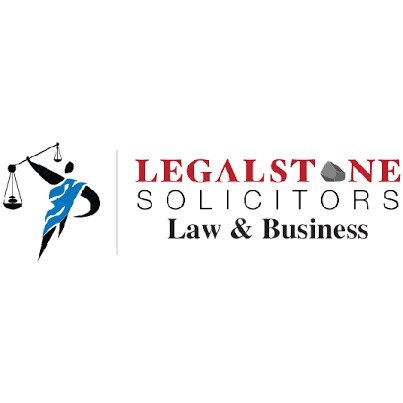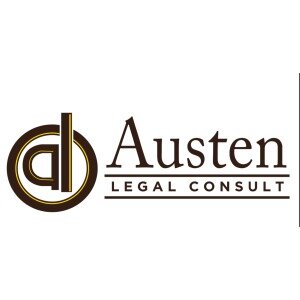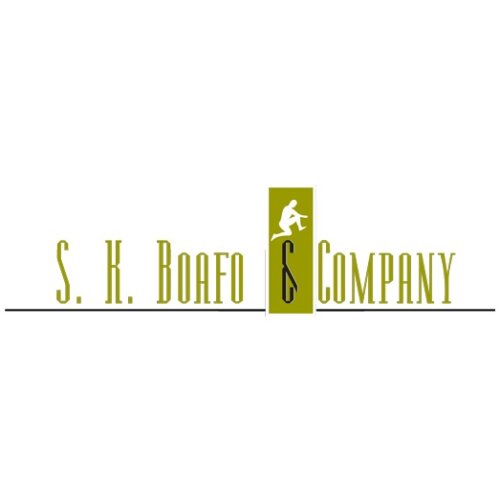Best New Business Formation Lawyers in Accra
Share your needs with us, get contacted by law firms.
Free. Takes 2 min.
List of the best lawyers in Accra, Ghana
About New Business Formation Law in Accra, Ghana
Accra, Ghana, offers a dynamic environment for entrepreneurs looking to start new businesses. New business formation law in Accra is designed to facilitate business creation while ensuring legal compliance. The legal framework primarily hinges on the Companies Act, 2019 (Act 992), the Registration of Business Names Act, 1962 (Act 151), and other relevant laws including taxation and labor regulations. This legal landscape is intended to support economic growth by streamlining the process of registering and maintaining a business.
Why You May Need a Lawyer
Engaging a lawyer can be crucial in the process of new business formation in Accra for several reasons. Lawyers assist in navigating complex legal requirements, ensuring compliance with the Companies Act and other regulations. They help in drafting legal documents like Articles of Incorporation and partnership agreements, and in protecting intellectual property. A lawyer’s expertise can prevent potential legal issues and save money in the long term. Furthermore, obtaining legal advice is beneficial when resolving disputes among partners or with third parties.
Local Laws Overview
The key aspects of local laws for new business formation in Accra include:
- The Companies Act, 2019 (Act 992) - Governs the registration and regulatory framework of companies.
- The Registration of Business Names Act, 1962 (Act 151) - Applies to sole proprietorships and partnerships.
- Regulations on Foreign Direct Investment - Foreign investors must comply with minimum capital requirements.
- Labor and Employment Laws - Ensure compliance with labor laws concerning employee rights and contracts.
- Tax Obligations - Businesses must register with the Ghana Revenue Authority and file regular tax returns.
Frequently Asked Questions
What are the basic steps for registering a new business in Accra?
The basic steps include choosing a business structure, registering your business name with the Registrar General's Department, and obtaining a Tax Identification Number (TIN).
What types of business structures are available in Ghana?
Common business structures include sole proprietorships, partnerships, limited liability companies (LLCs), and public limited companies (PLCs).
Are there any special requirements for foreign companies or investors?
Yes, foreign companies must adhere to specific capital requirements and may have to register a local subsidiary or branch.
Do I need a local partner to start a business in Ghana?
Not necessarily, but some sectors may require local partnerships due to regulatory stipulations.
How long does it take to register a business in Accra?
Business registration typically takes between 2-4 weeks, depending on the completeness of documentation and any potential queries from the Registrar.
What are the costs involved in business formation?
Costs include registration fees, name search fees, legal and professional fees, and possibly, fees for additional permits.
Is it mandatory to have a company secretary?
Yes, the Companies Act requires every company to appoint a company secretary to handle administrative and legal compliance matters.
What are the taxation obligations for new businesses?
Businesses must register for VAT, withhold tax from employees, and file corporate income tax returns regularly with the Ghana Revenue Authority.
How do I protect my business's intellectual property in Ghana?
Intellectual property can be protected through trademarks, patents, and copyrights, which must be registered with the Ghana Intellectual Property Office.
What ongoing compliance requirements do new businesses face?
Regular filing of annual returns with the Registrar General, maintaining accurate books of accounts, and compliance with tax laws and employment regulations are needed.
Additional Resources
For additional help with new business formation, the following resources can be invaluable:
- Registrar General's Department: The primary body overseeing company registration.
- Ghana Revenue Authority (GRA): For taxes and TIN registration.
- Ministry of Trade and Industry: For guidelines on foreign investment and trade policies.
- Ghana Investment Promotion Centre (GIPC): Offers resources for foreign investors.
- Local Chambers of Commerce: Providing networking opportunities and support for new businesses.
Next Steps
If you need legal assistance in new business formation, consider the following steps:
- Conduct preliminary research to determine your business's legal needs.
- Engage a qualified business attorney familiar with Ghanaian business laws.
- Prepare and organize all necessary documentation before consultations.
- Ensure that legal agreements and contracts are vetted by your lawyer.
- Stay informed about updates in local business laws and regulations.
Lawzana helps you find the best lawyers and law firms in Accra through a curated and pre-screened list of qualified legal professionals. Our platform offers rankings and detailed profiles of attorneys and law firms, allowing you to compare based on practice areas, including New Business Formation, experience, and client feedback.
Each profile includes a description of the firm's areas of practice, client reviews, team members and partners, year of establishment, spoken languages, office locations, contact information, social media presence, and any published articles or resources. Most firms on our platform speak English and are experienced in both local and international legal matters.
Get a quote from top-rated law firms in Accra, Ghana — quickly, securely, and without unnecessary hassle.
Disclaimer:
The information provided on this page is for general informational purposes only and does not constitute legal advice. While we strive to ensure the accuracy and relevance of the content, legal information may change over time, and interpretations of the law can vary. You should always consult with a qualified legal professional for advice specific to your situation.
We disclaim all liability for actions taken or not taken based on the content of this page. If you believe any information is incorrect or outdated, please contact us, and we will review and update it where appropriate.




